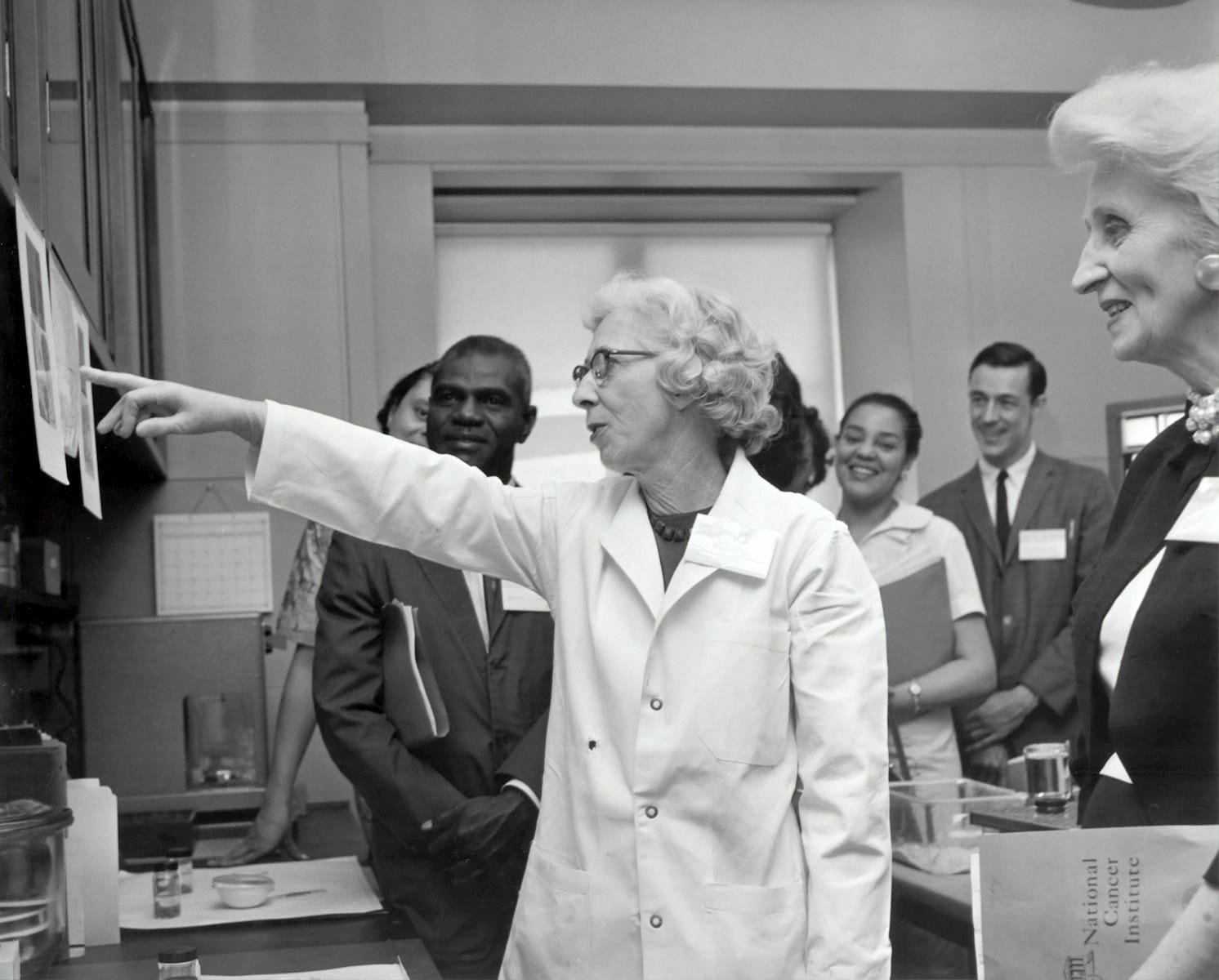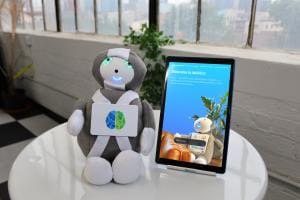AI for Life: Tech Titans Are Investing Billions in Biotech’s AI Future

The inception of the AI field dates back to 1956 when a group of scientists convened for a workshop at Dartmouth College. Their objectives were notably ambitious:
“The study is to proceed on the basis of the conjecture that every aspect of learning or any other feature of intelligence can in principle be so precisely described that a machine can be made to simulate it. An attempt will be made to find how to make machines use language, form abstractions and concepts, solve kinds of problems now reserved for humans, and improve themselves
Today we are witnessing a rapid technological evolution and conspicuous investment moves. Technology heavyweights like Nvidia, Google and Microsoft are making a dramatic shift by betting billions on the future of biotechnology, a domain that increasingly intersects with artificial intelligence (AI). What is the rationale behind these high-stakes gambles? What is the potential applications of the technology involved and what are the implications of bringing together AI and biotechnology?
AI for Life and Innovators
The versatile biotechnology sector, renowned for its potential to redefine healthcare, agriculture, environmental science, and beyond, has emerged as a hotbed for innovation. With AI technology offering a novel toolkit to unravel biological systems’ intricacies, Nvidia, Google, and Microsoft are seizing the opportunity by positioning themselves at the cutting-edge of this rapidly evolving amalgam.
Nvidia CEO, Jensen Huang, views digital biology as the “next amazing revolution” in technology, hinting at the company’s understanding of biotech as a logical next step after the AI boom that has reshaped multiple industries . This ambition is evident with Nvidia’s increased investments in life sciences and healthcare AI applications displayed in the GTC 2024 conference sessions.
AI and Biotech’s Breakthroughs
The intersection of AI and biotechnology opens a spectrum of far-reaching applications ranging from advancing drug discovery to tailoring personalized medicine, reducing costs, and elevating research outcomes. AI assistants, steered by large language models (LLMs), are being utilized to expedite seismic data processing workflows for energy companies. A similar efficiency can be harnessed for processing biological data .
Generative AI, an area where Nvidia is showing progress, could dramatically disrupt drug design by predicting new therapeutics’ molecular structures. Enhanced natural language processing can increase researchers’ capabilities to mine vast scientific literature for potential drug targets or disease mechanisms.
Microsoft and Google—with their mature AI and cloud computing architectures—are also well-suited to reap these advancements. Their biotech AI investments could include developing tools and platforms to manage massive genomic research datasets, computational biology, and precision medicine.
Implications of this Cross-disciplinary Union
This fusion of AI and biotech is laden with profound implications. While it promises to expedite medical innovation and could lead to cures for currently incurable diseases, it also raises ethical and privacy dilemmas linked to genetic data and potential misuse of AI against public interests.
The robust investments by Nvidia, Google, and Microsoft mark a change in biotech research’s landscape where computational skill and AI proficiency are gaining prominence over traditional biology know-how. This could catalyze a shift towards interdisciplinary collaboration and redefine the skills that future biologists might require.
The Bottom Line
The strategic investments by Nvidia, Google and Microsoft in biotech’s AI future represent a wider understanding of the transformative potential in this interdisciplinary frontier. By capitalizing on their strengths in computing and AI, these tech titans are preparing to steer a new epoch of biotechnology advancements. Although the long-term effects and outcomes of their investments remain indeterminate, the merger of AI and biotechnology has already begun to underline the future of technological progress.




